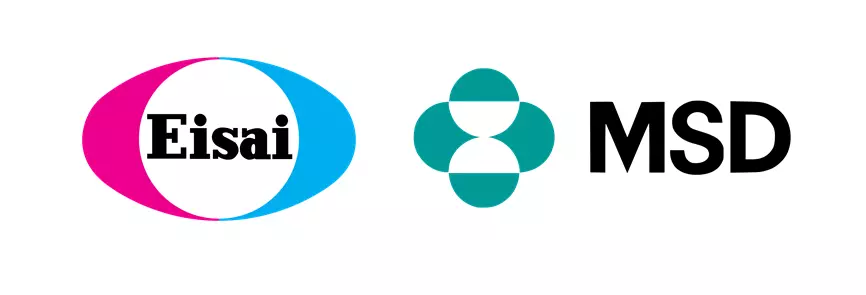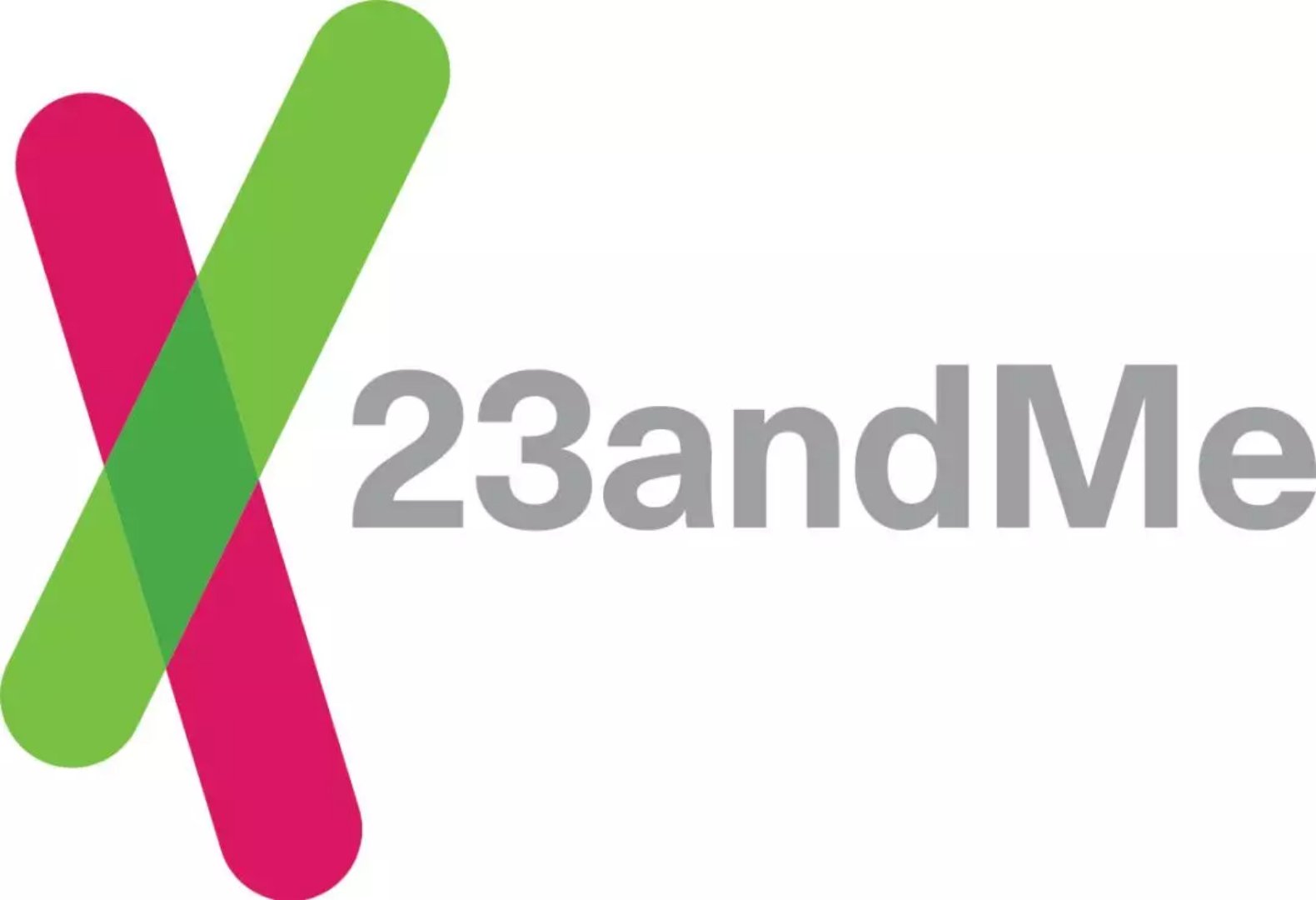Summary of recent research progress in the field of cancer (03.12) March 12, 2018 Source: WuXi PharmaTech 1. Merck Dongwei Materials nearly 6 billion US dollars to jointly develop anti-cancer combination therapy Recently, Eisai and Merck (MSD) announced a strategic cooperation to jointly develop and promote LENVIMA® (lenvatinib mesylate) worldwide. Under the agreement, Eisai and Merck will jointly develop and promote LENVIMA, including monotherapy and in combination with Merck's heavy anti-PD-1 therapy KEYTRUDA® (pembrolizumab). Merck will pay $300 million in advance payments and some options for $650 million, and $450 million in research and development. In addition, Eisai is eligible for milestone payments of up to $385 million and milestone payments related to LENVIMA up to $3.99 billion. All of these payments add up to a total of $5.76 billion. LENVIMA is an oral tyrosine kinase inhibitor discovered and developed by Eisai. The drug is currently approved as a monotherapy for thyroid cancer, or in combination with everolimus to treat previously failed renal cell carcinoma (RCC). Eisai will be responsible for the sales of LENVIMA worldwide, including monotherapy and combination therapy. The evaluation of LENVIMA in combination with KEYTRUDA or LENVIMA in combination with everolimus in the treatment of RCC compared with chemotherapy alone is in the clinical phase 3. According to the plan, Eisai and Merck will jointly launch a new clinical study to evaluate LENVIMA/KEYTRUDA combination therapy in six cancers (endometrial cancer, non-small cell lung cancer, hepatocellular carcinoma, head and neck cancer, bladder cancer and melanoma). The effects of 11 potential indications also include basket trials for multiple cancer types. "In order to maximize the potential of LENVIMA and accelerate the creation of innovative therapies in this era of 'cancer evolution', we have collaborated with Merck, who developed the anti-PD-1 antibody KEYTRUDA," Mr. Haruo Naito, CEO of Eisai “By providing new treatment options, including refractory cancers that have not cured hope so far, we are working hard to further contribute to the benefit of patients and their families.†"With Eisai, our goal is to maximize the value of LENVIMA's current indications, while KEYTRUDA is seeking more approval in a variety of cancers," said Dr. Roger M. Perlmutter, President of Merck Research Laboratories: "Yes Strong scientific evidence supports the synergistic effect of KEYTRUDA in combination with LENVIMA, and has received FDA's breakthrough therapy for KEYTRUDA/LENVIMA combination therapy for renal cell carcinoma. Through this collaboration, we will expand our oncology portfolio. And have the opportunity to help more cancer patients around the world." 2. Break through the sky! FDA's first cancer gene test for consumers Recently, 23andMe announced that the FDA has approved the company's direct-to-consumer (DTC) cancer risk genetic test. This approval allows 23andMe to provide consumers with information on the presence of three specific genetic variants on their BRCA1 and BRCA2 genes without a doctor's prescription. The risk of breast, ovarian and prostate cancer is significantly increased in people carrying these genetic variants. The three genetic variants tested in this test have the highest rate among Ashkenazi Jewish descendants, and about one in 40 German Jewish descendants carry one of three genetic variations. Women with a genetic variant have 45-85% risk of breast cancer before the age of 70. Currently, the decision whether to conduct a genetic risk test for cancer is usually based on whether a relative has cancer in the history of the individual or family. However, studies have shown that many of the immediate family members of the BRCA1 or BRCA2 gene variant have cancer. In this case, these people will not be recommended to undergo cancer genetic risk testing. And many descendants of German Jews are not aware of their ethnic history. "This approval may be very valuable for those who don't understand their German Jewish ancestry and who don't know their family's cancer history," said Anne Wojcicki, CEO and co-founder of 23andMe. "But we need to emphasize One point is that most cancers are not caused by genetic factors. Our tests do not detect all genetic variations that increase the risk of cancer. People still need to continue to be screened for cancer screening recommended by doctors!" The FDA approved the approval process for the 23andMe company called “de novo premarket review pathwayâ€. This approval process is used to approve innovative low- or moderate-risk medical devices or tests that are not available on the market. During the approval process, the tests submitted by 23andMe showed very high accuracy and repeatability (more than 99%), and the test reports provided by the company to consumers were understood by more than 90% of consumers. The FDA, while approving the launch of the test, also reminds consumers and health care providers that it should not be used to guide any treatment decisions, including anti-hormone therapy and prophylactic removal of the breast or ovaries. These therapies require confirmation testing and genetic counseling. “As the first and only DTC genetic testing company to receive FDA approval to provide cancer risk testing to consumers without a prescription, this approval is a milestone for 23andMe and consumers,†Ms. Wojcicki said. “We believe It is important for consumers to have direct and cheap access to health information that may save their lives. We will continue to open the way to make it easier for consumers to access health information and promote consumer-oriented preventive health care." 3. Start a clinical study with a new drug for glioblastoma Recently, Hutchison China MediTech (Chi-Med, and Huang China Medical Technology) announced the launch of Epitinib (HMPL-813) Phase 1b/2 proof-of-concept study in China for epidermal growth factor receptor (EGFR) gene amplification. Glioblastoma patients. Glioblastoma is a tumor produced by glial cells or their precursors in the central nervous system (CNS). It is the most invasive and most common brain and CNS malignant tumor, accounting for this type of tumor. 47%. According to statistics, there were approximately 12,000 new glioblastomas in the United States in 2017. In 2015, there were approximately 101,600 new cases of brain cancer or CNS cancer in China. The median survival of this type of cancer is about 15 months, and the five-year survival rate is only 5.5%. For patients with recurrent glioblastoma, treatment options are even more limited. These patients are in desperate need of new treatments to alleviate the disease and prolong life. Fortunately, the highly selective oral EGFR inhibitor epitinib is expected to provide effective treatment for these patients. About half of patients with glioblastoma have EGFR gene amplification, so it is a potential therapeutic target in glioblastoma. However, first-generation EGFR inhibitors do not penetrate the blood-brain barrier and therefore have limited efficacy. In contrast, epitinib can penetrate the blood-brain barrier, making the drug exposure in the brain higher than the first-generation EGFR inhibitors currently on the market. To validate the clinical effects of epitinib, Chi-Med decided to initiate this multicenter, single-group, open-label proof-of-concept study in China to evaluate the histopathologically confirmed glioblastoma in the treatment of EGFR gene amplification with epitinib monotherapy. The efficacy and safety of patients with tumors. The primary endpoint is the objective response rate (ORR). In addition to this glioblastoma study, epitinib was also evaluated in patients with EGFR-mutated non-small cell lung cancer (NSCLC) who had developed brain metastases. Preliminary results from a Phase 1b study at the end of 2016 showed that epitinib showed good tolerance and efficacy in patients with NSCLC who had not used EGFR inhibitors. These patients had 62% of ORR (lung and brain) with brain The ORR of metastatic and c-MET negative patients was 70%. In these clinical and preclinical studies, epitinib demonstrated its good blood-brain barrier permeability and efficacy. 4. Treatment is more flexible! The first four-week PD-1 inhibitor was approved Bristol-Myers Squibb recently announced that the FDA has approved a supplemental biologics license application (sBLA) for the updated dosing regimen of Opdivo (nivolumab). This update is for most of the approved indications, with a dose of 480 mg every four weeks (Q4W). This approval will allow healthcare professionals to use the newly approved Q4W 480 mg dose and the previous every two weeks (Q2W) 240 mg option to provide patients with the flexibility to customize care. Opdivo was also approved for a 30-minute short infusion in all approved indications. Opdivo is the world's first approved anti-PD-1 antibody for the treatment of cancers such as melanoma, non-small cell lung cancer, renal cell carcinoma, and head and neck cancer. The combination of Opdivo and Yervoy, which is resistant to CTLA-4, is the world's first approved combination of immunotherapies for the treatment of metastatic melanoma. After this approval, the new dose option is available for the following indications for Opdivo: “We are constantly learning to use tumor immunotherapy for individualized treatment. In my experience, a method that is effective for one patient may not be optimal for another patient,†New York University (NYU) School of Medicine Dr. Jeffrey S. Weber, MD, said: "For example, some patients may need their medical team to follow up after two weeks, while for other patients, the four-week interval may be more appropriate for their treatment needs. We now have other ways to help customize patient care." Reference materials: [1] Merck and Eisai Ink $5.76B Cancer Deal [2] FDA Approves 23andMe's Direct-to-Consumer Genetic Test for Cancer [3] Chi-Med Initiates a Phase Ib/II Proof-of-Concept Trial of Epitinib in Glioblastoma in China [4] FDA Expands Bristol-Myers Squibb's Opdivo Dosing Schedule Original Title: Summary of Recent Research Progress in the Field of Cancer (Phase 57) The tamper holograms are made of advanced quality materials and adhesives. The tamper evident Hologram Labels has appealing appearance and offer security protection to the brand. Hologram Security Labels,hologram Security Sticker,One Time Use Hologram Labels,Glue Destroyable Hologram Stickers Wenzhou Haoshi Light Industrial Products Co., LTD , https://www.economicseals.com



If any individual tries to remove the tamper holograms after they are sticked on, this results into separation of the uppermost layer of the film. In this case, the tamper evident holograms shows the tampering.
To meet various industrial safety and identification requirements, these holograms can be customized in different sizes, shapes, design and color combinations.